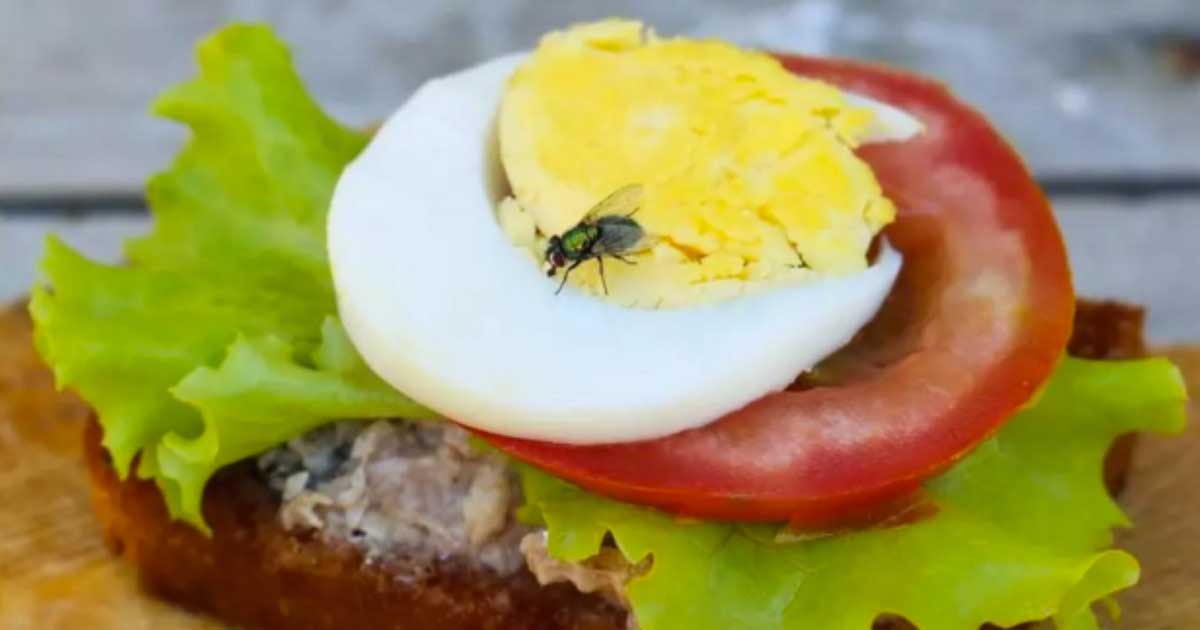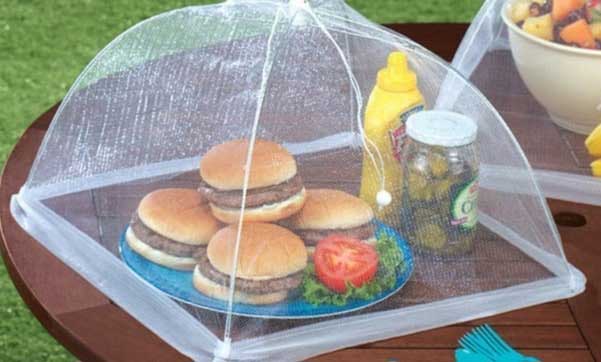What Really Happens When A House Fly Lands On Your Food

source: The Independent / Depositphotos
Flies — they’re a part of nature, but that doesn’t make them any less annoying. During the warm months, we have to deal with their buzzing and flying around. When they make their way inside our homes, we also have to be diligent about protecting our food. There are many misconceptions surrounding what actually happens when a fly lands on a piece of food, but we’re about to set it straight.

Prepare yourself, because this is all pretty gross. First of all, flies don’t have any teeth. They eat things by sucking them through their nose. But when a food is solid, flies vomit onto the food in order to make it into liquid form so that they can then suck it up. This is just one way that flies transmit previous bacteria they’ve come into contact with onto your food.
If you leave food out for an extended period of time, they can even defecate and lay eggs in it. If you thought the whole vomiting thing wasn’t disgusting enough, I’m sure this put you over the edge. Yes, this is all pretty cringeworthy. But it’s important to remember that flies carry a ton of diseases, and coming into contact with your food can make you susceptible to many of them.

So if a fly lands on your food, should you throw it out? The short answer is yes. The amount of bacteria this little insect can transmit is astonishing, so if you’re looking to be safe, it’s probably better to toss it out. During fly season, you can install fly traps and purchase those protective mesh coverings for dishes if you’re looking to eat an outdoor meal without it being taken over by flies. Now that you know how flies actually operate, you’ll be better able to protect your food — and your family!
